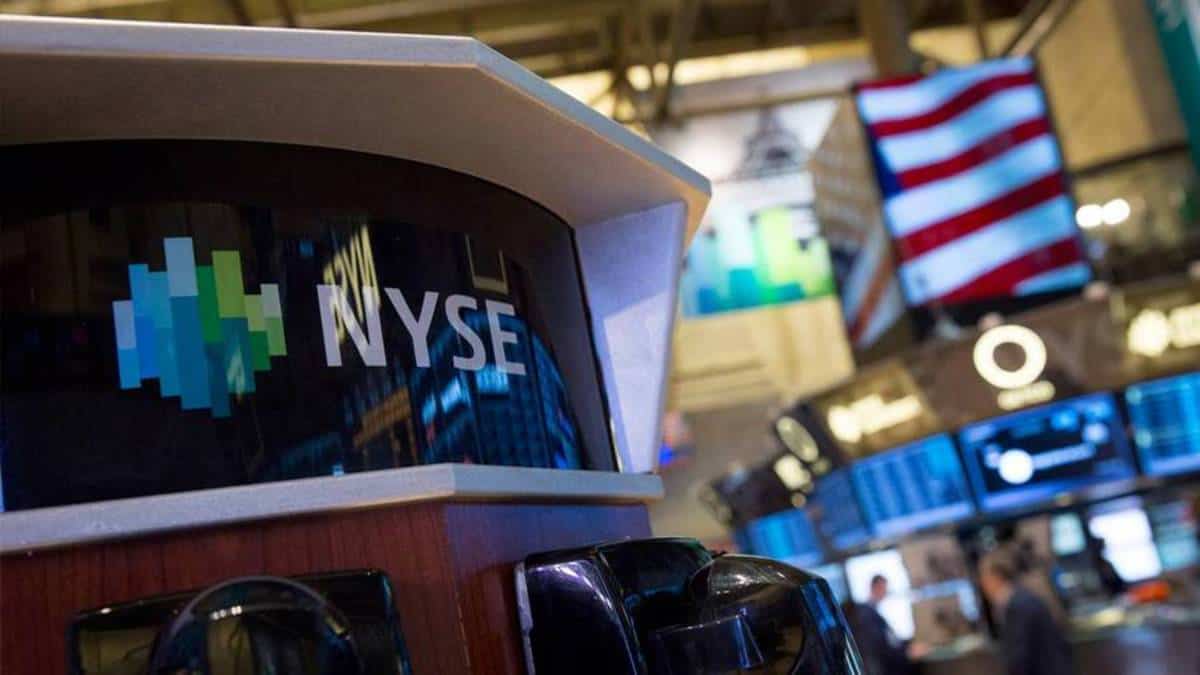U.S. stock futures extended gains Wednesday evening, after delivering a strong post-election rally on prospects that the outcome of the U.S. presidential election would be determined soon.
Futures for the Dow Jones industrial average were virtually unchanged, after the blue-chip index climbed nearly 370 points at the close. That was its third straight day of gains. Futures for the broad S&P 500 index were flat, after it posted its best day in five months.
Nasdaq futures ticked up 0.3%. The tech-heavy index had notched its biggest gain in more than six months earlier in the day as traders doubled down on technology stocks.
Democratic nominee Joe Biden was one state away from capturing the 270 electoral votes needed to win the presidential race. On Wednesday, Biden won both Wisconsin and Michigan, key battleground states that collapsed around Hillary Clinton in 2016.
The wins there left Biden standing at 264 electoral votes – just six shy of the needed 270. President Donald Trump, who currently has 214 electoral votes, has to capture all of the outstanding states, hope that the projections of a Biden win in Arizona were wrong or find a legal strategy.
Earlier Wednesday, Wall Street embraced the upside of more gridlock in Washington even as the outcome of the U.S. presidential election remained in limbo. The chances of Democrats flipping enough seats to take control of the Senate appeared to be dwindling as Republicans fended off challenges in a number of key races.
“A lot of uncertainty has been removed from the market, and while it is not resolved yet, in previous eras when we’ve had a split government, as it looks like we will have this time around, equity markets have still done well,” Scott Glasser, co-chief investment officer at global investment manager ClearBridge Investments, said in a note.
Analysts said the gains came as markets focused on the benefits of the country’s political control remaining split between Democrats and Republicans. The likelihood of gridlock in Congress made investors optimistic that major policy shifts would be difficult to enact.
“The U.S. has seen divided government frequently, and it has had the impact of limiting some of the more extreme proposals for change over that time,” said Colin Moore, chief investment officer at Columbia Threadneedle, in a note.
“For some, this check on power is the preferable outcome, but given the need for additional fiscal measures to address the economic damage caused by the ongoing pandemic, an ability to work together in the coming months is essential,” Moore added.
With Republicans edging closer to retaining control of the Senate, prospects dimmed for the tax increases and tighter regulations on businesses that investors expected if Democrats scored an electoral sweep, although a big stimulus effort for the economy that some on Wall Street say is needed now seems unlikely as well.
Much of Wednesday’s strength for Wall Street was due to big gains for technology stocks. Investors have increasingly seen these stocks as some of the safer bets in the market, able to grow their profits even in a pandemic as more of daily life shifts online.
All the swings are a bit reminiscent of four years earlier, when Trump surprised the market by winning the White House. Markets initially tumbled after polls and the market’s expectations proved to be so wrong in 2016, but they quickly turned around on expectations that Trump’s pro-business stance would be good for corporate profits.
The difference this time is that the uncertainty seems set to linger. It may take days for a winner of the White House to emerge, and professional investors say they’re bracing for sharp market swings in the meantime.
The Trump campaign on Wednesday filed lawsuits over the voting in Michigan and Pennsylvania, and earlier the president said he’d take the election to the Supreme Court, though it’s unclear exactly what he means by that.
Many fund managers suggest investors hold steady through the tumult in large part because one person can’t singlehandedly move the economy and stocks tend to rise regardless of which party controls the White House. What happens with the coronavirus pandemic is likely to have a much greater effect on markets than this election’s results, they say.
“Mitigating the impacts of COVID 19 is much more significant for the U.S. and global economy than the outcome of the U.S. election,” according to Moore said.

